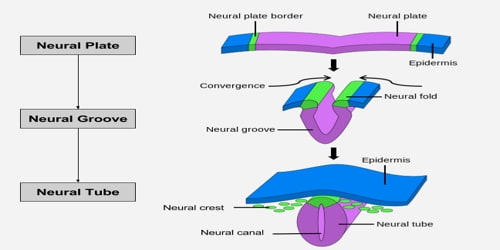People are reasonably good at forming estimates based on addition, but for operations such as compounding that depend on repeated multiplication, we systematically underestimate how quickly things grow. As a result, we often lose sight of how important the average rate of growth is for an economy. For an investment banker, the choice between a payment that doubles with every square on the chessboard and one that doubles with every other square is more important than any other part of the contract.
All businesses operate within a competitive environment. However, the nature of competition varies from industry to industry.
A key part of the economic environment is the strength of the macro-economy. Macroeconomics is mainly concerned with:
- Levels of employment and unemployment
- The total investment made by businesses and government
- The general level of prices
- The rate of interest and exchange rates
The strength of the economy is always changing, although broad movements take time to occur. The level of activity in an economy can be measured in several ways, but the most common way is to look at the value of gross domestic product (shortened to “GDP”) (the main measure of economic activity) in each period.
GDP is commonly used to measure economic growth and is made up of several parts:
The formula for is: GDP = C + I + G + (X − M)
where
C (Consumption)
I (Investment)
G (Government spending)
and X − M (Net Exports)
Economic growth is an increase in the value of goods and services produced by an economy over time.
There are two main ways to measure economic growth:
| Actual growth (GDP) | Potential growth (trend growth) |
| The percentage annual increase in a country’s real gross domestic product over a period of time | The long run expansion of an economy’s productive potential |
| The % annual increase in national output | The increase in the capacity of the economy to produce |
| Caused by an increase in aggregate demand | Caused by an increase in aggregate supply |
| Potential output is that which could be produced if there was full employment of resources |
Economic growth is a vitally important measure for several reasons:
- Economic growth is about an increase in production within the economy
- It is important because our living standards are influenced by our access to goods and services
- Without growth, individuals can only enjoy rising living standards at the expense of others in society
- With economic growth we can all (potentially) be better off
Why economic growth is important for businesses
Economic growth provides greater potential or opportunity for:
- Increased profits
- A rise in average living standards
- The creation of new jobs
- Lower unemployment
- Increased tax revenues for government – used to fund more spending on government services
- Improved business confidence
















